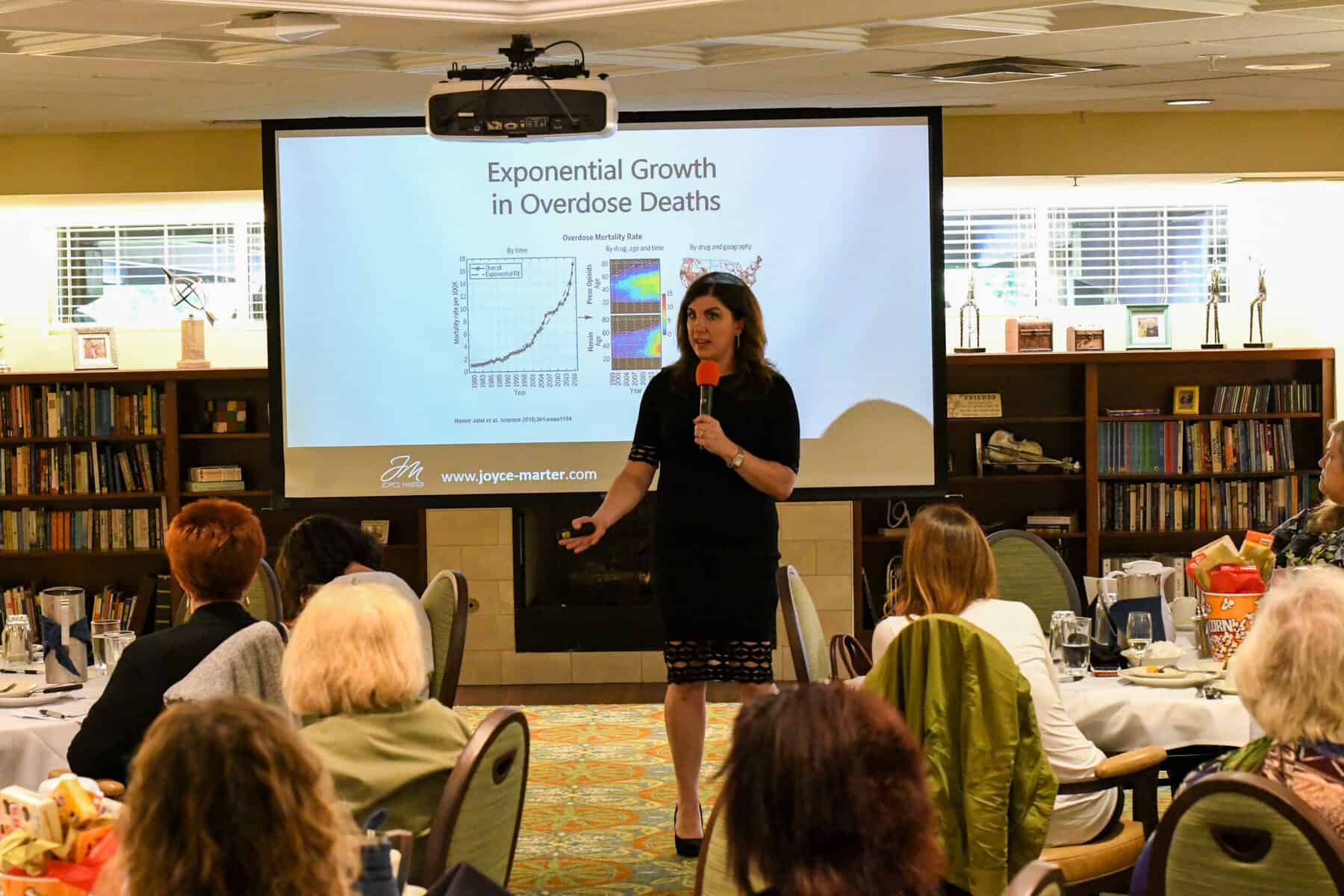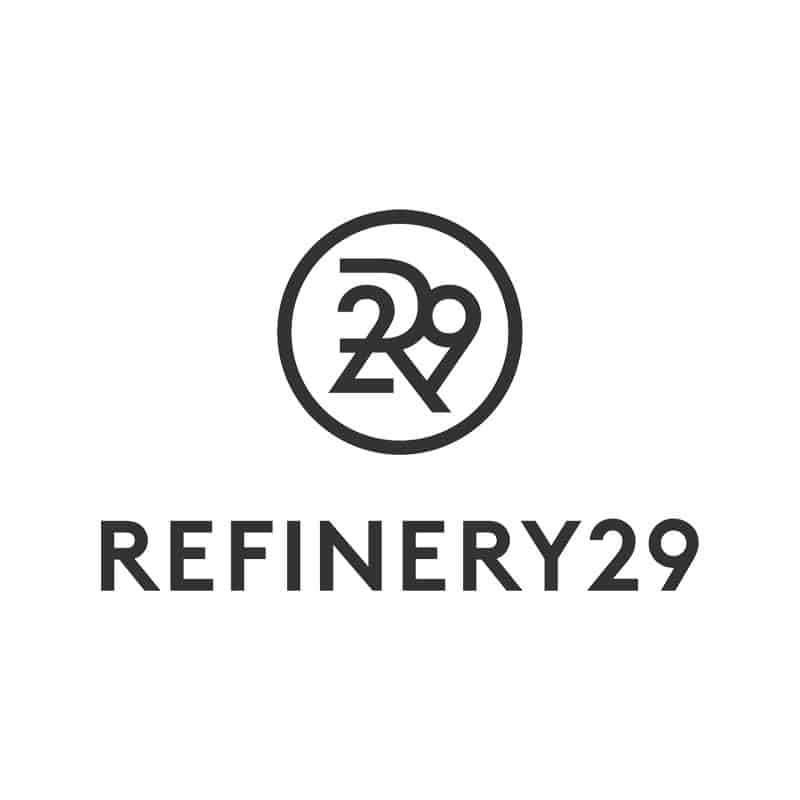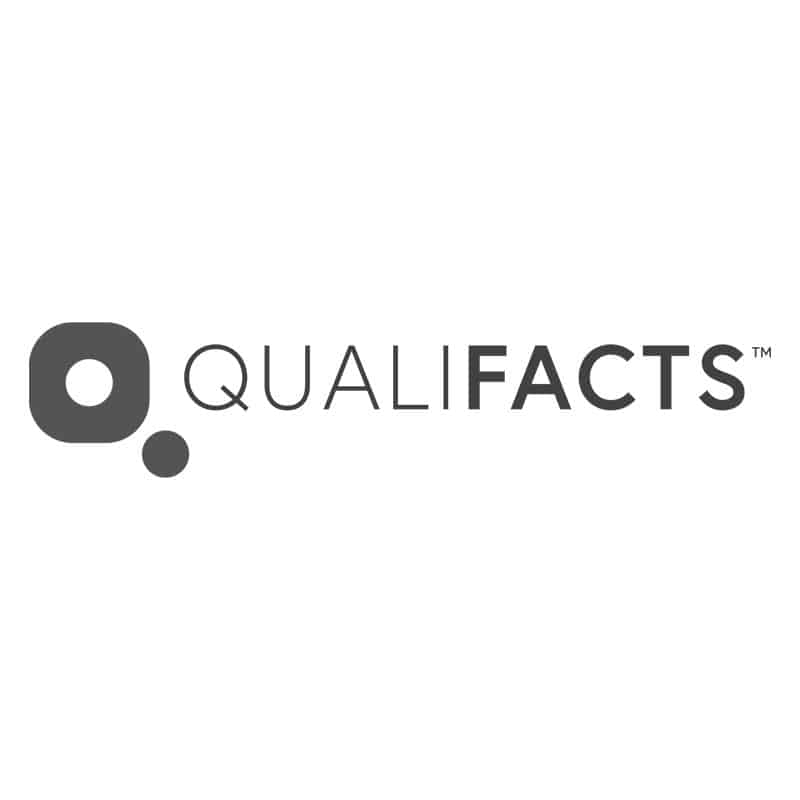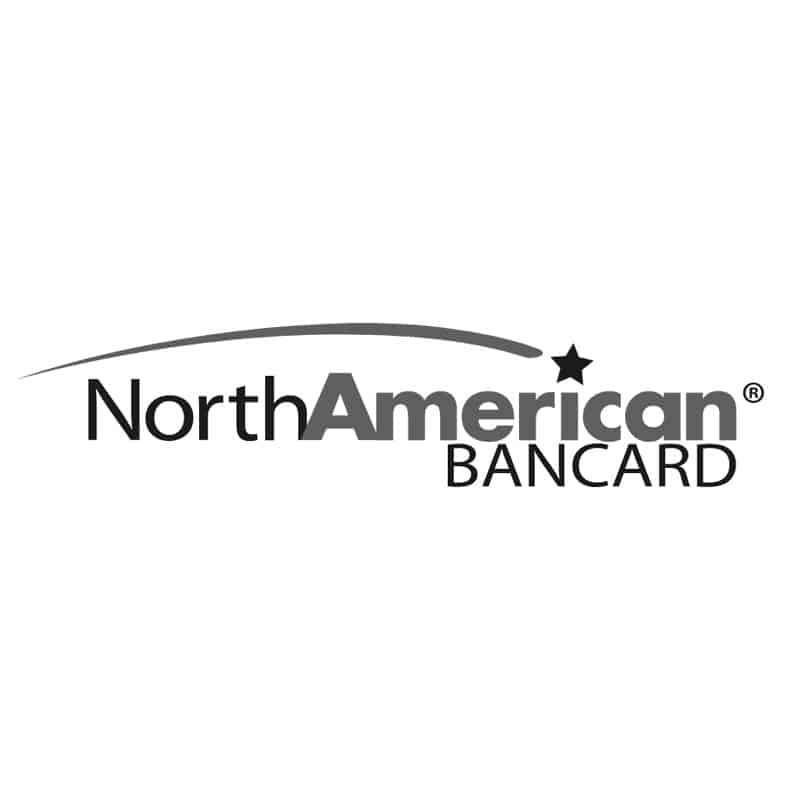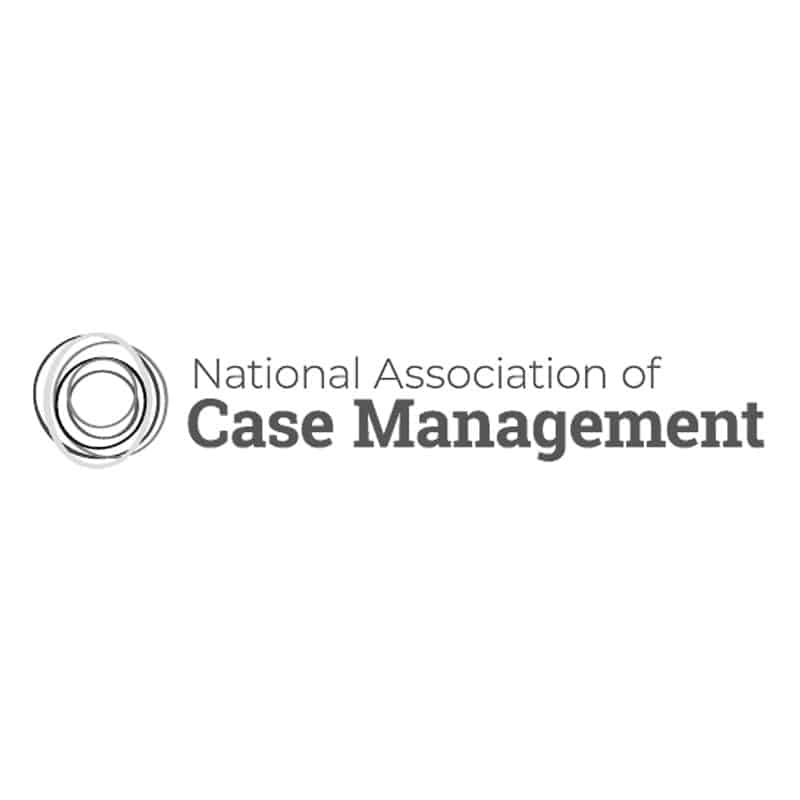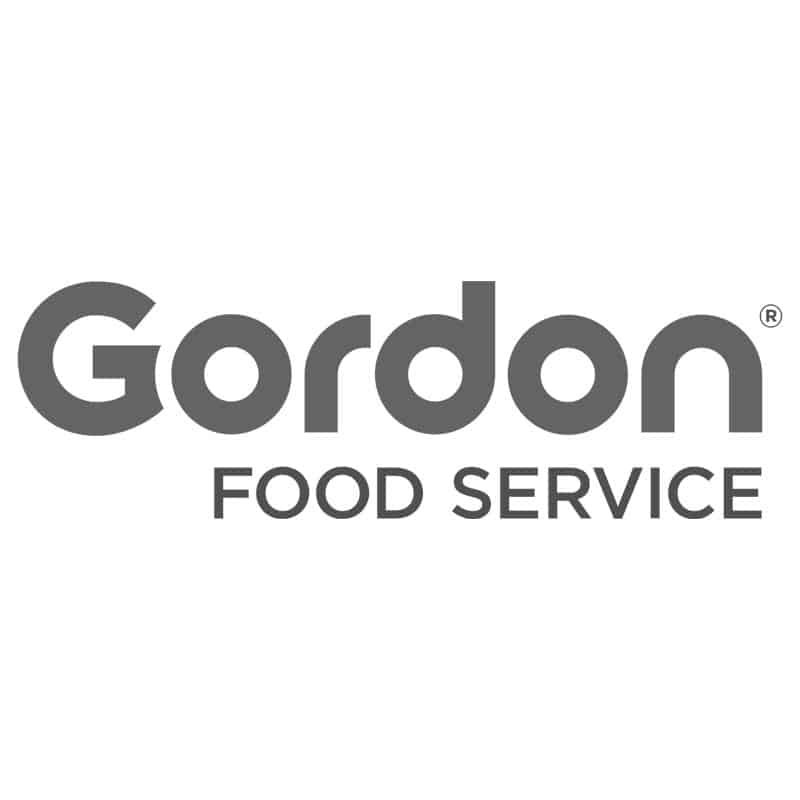Written by Joyce Marter, LCPC
If you take a minute to reflect on your friends, family, coworkers and yourself, it’s very likely that you know someone who has experienced substance use issues or mental illness. In fact, you probably know someone who has struggled with both. Mental illness and addiction often appear together in the same individual, resulting in 8.5 million Americans with co-occurring mental illness and substance use disorders, according to the Substance Abuse and Mental Health Services Administration (SAMHSA) in 2017. According to SAMHSA, of these individuals, 50% are not receiving treatment due to barriers to care including shame, stigma, denial, cost, access to care and others. Nearly 40% are of the dually diagnosed are only being treated for their mental health issues, with the underlying addiction not being addressed in treatment. Only 8% of dually diagnosed individuals are being treated for both their addiction and mental health issues. It is imperative that as a society, we become more aware of dual diagnosis and promote access to treatment.
Why is this important? Unfortunately, there has been an exponential increase in death by overdose in the United States between 1980 and the present day, in part due to the opioid epidemic. Naloxone (Narcan) has been effective in saving lives from potential opioid overdose, but it does not treat the underlying mental health issues. Consequently, drug overdose is the leading cause of accidental death in America, and addiction often goes hand-in-hand with suicidal thoughts and behaviors. It is important for us as mental health therapists to understand and address dual diagnosis because the stakes are high; this is a life and death issue.
In over twenty years of experience as a psychotherapist working in methadone maintenance, Employee Assistance Programs, and private practice, I have worked with many clients who struggle with substance use disorders and co-occurring mental illness, including major depressive disorder and anxiety disorder. As treatment providers we must be conscious of the potential for dual diagnosis when working with clients facing addiction, and we must remember that no population is exempt from addition.
Below are several important lessons I’ve learned about dual diagnosis:
1. There is a complex relationship between addiction and psychological issues.
Drug and alcohol use may exacerbate depression and anxiety. On the flipside, individuals struggling with mental health issues, including mood disorders, trauma/abuse and grief/loss, may use alcohol and substances to self-medicate their symptoms.
2. We must assess clients for the primary diagnosis and treat the person holistically, remembering that mental illness and addiction are intrinsically related and feed off of one another.
When considering dual diagnosis, it is important for us to determine what the primary diagnosis is, and how we can effectively treat all existing mental illness and addiction issues collaboratively and effectively.
3. When assessing clients for addiction, we must be comprehensive.
It is essential that we learn the frequency of substance use, the quantity consumed, consequences they have faced (blackouts, DUIs, accidents/injuries), age at which this began, withdrawal and tolerance symptoms, as well as any prior history of treatment or attempts to quit. We should also visually assess our clients for signs of health. In addition, we must take a full history, including family history, lifestyle/alcohol use of friends and family, a psychosocial history and a medical history.
4. We must assess clients for emotional, relational & behavioral issues related to addiction.
In order to understand the relationship between addiction and other mental illnesses, we must understand how addiction is connected to psychological issues and behaviors including lying/secrecy, denial/rationalizing/minimizing, relational concerns, problems handling conflict, and sleep disturbance, to name a few. We must strive to understand the etiology and nature of addiction by considering attachment, trauma history and familial factors. It is important to assess for codependency by exploring the client’s relationships with family and friends.
5. Intervention/treatment must address both the addiction & co-occurring mental illness.
We as therapists should provide education and resources on addiction and our clients’ mental disorders, ask them questions to break through denial, address defense mechanisms, meet clients where they are, use behavioral predictions to increase insight and potentially explore harm reduction as an option. We must also consider referring clients to substance use treatment programs such as 12-step programs, and collaboratively work with clients to help them make the first steps. Please note that treatment for codependency in the context of addiction can be found in Al-Anon and Ala-teen, as well as in psychotherapy, and Al-Anon literature.
6. We must self-reflect and use our full range of clinical skills when working with dual diagnosis.
Working with clients struggling with addiction and mental illness can be very challenging. It is important that you remain open, non-judgmental and empathetic, encourage clients to be honest with you, and let them know that they may continue to use. It is important that you reflect on your own abuse/addiction issues, do not enable or collude with the client, practice self-care and maintain good boundaries. Getting consultation and peer support is key, and remember that you are not responsible for your clients’ sobriety.
Addiction and mental illness going untreated is costing us lives. We all have an ethical responsibility to become more informed and to promote access to care.
If you are interested in learning more about dual diagnosis, you may want to consider continued learning through the Substance Abuse & Mental Health Services Administration, the National Institute On Drug Abuse, and Hazelden Publishing. If you are a clinician interested in this type of work, you might also consider pursuing becoming a Certified Addictions and other Drug Counselor (CADC) through your state Alcohol & Other Drug Abuse Professional Certification Association, a Certified Employee Assistance Professional through the Employee Assistance Professionals Association or a Substance Abuse Professional (SAP) who can conduct evaluations through the U.S. Department of Transportation.
If you are interested in providing a training or webinar for your team to promote awareness of dual diagnosis and its effect on workplaces and families, please contact me at joyce@joyce-marter.com.
